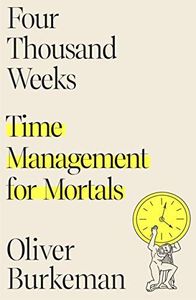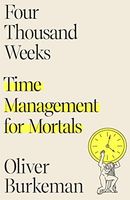- Edition
- ISBN 9780374159122
Reviews
nico@smilemore
Patrick Arminio@patrickpy
Cassandra Tang@tangaroo
Emily McMeans@emilymcmeans
Melanie@lcvejia
Lindy@lindy
Liyah 🤎@aallen1019
Brock@brock
Jakob Greenfeld@jakobgreenfeld
Brandon Eckroth@brandoneckroth
Omar@omareduardo
antonia maria wagner she/they@toniia
Kyra Cracchiola@kyrareads
Jenna@sinslashcos
Rohit Arondekar@rohitarondekar
Cloudface@cloudface
Jacob Medure@jacobs_blue
liya n@liya_reads
Gia Palamos@giapalamos
Gavin@gl
Stefan Pettersson@stpe
Meghan Navoy@megnavoy
Krystal@demonhour
Nick Gracilla@ngracilla
Highlights
nico@smilemore
nico@smilemore
nico@smilemore
nico@smilemore
nico@smilemore
nico@smilemore
nico@smilemore
nico@smilemore
nico@smilemore
nico@smilemore
nico@smilemore
nico@smilemore
nico@smilemore
nico@smilemore
nico@smilemore
nico@smilemore
nico@smilemore
nico@smilemore
Cassandra Tang@tangaroo
Cassandra Tang@tangaroo
Cassandra Tang@tangaroo
Cassandra Tang@tangaroo
Lindy@lindy
Lindy@lindy



